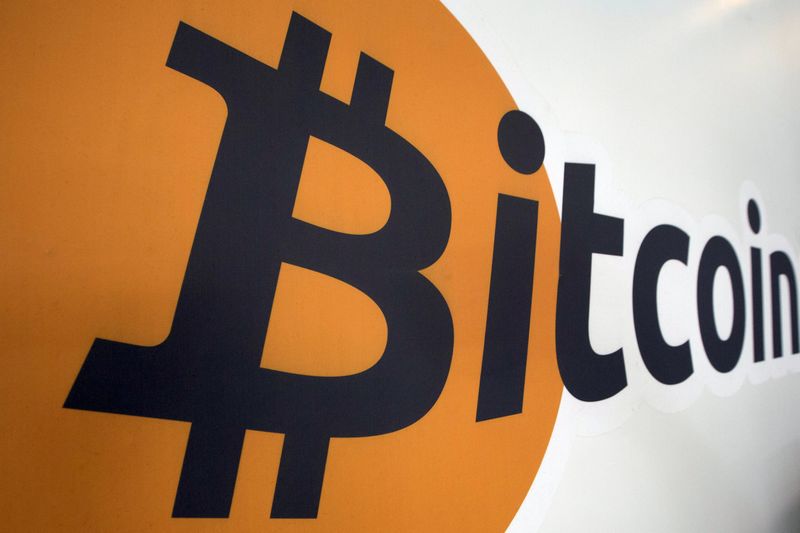
The scam has several phases designed to make the victim believe that he or she has received accurate information from the FBI.
In the first phase, the scammers send the prospective victim some sort of official notice on behalf of the Bureau’s El Paso office. The fake document is modeled after official letterhead, including the FBI logo and the signature of El Paso Special Agent John Morales.
In the letter, the scammers do not ask for money, but inform that the law enforcement agency is investigating identity theft or an attack by foreign hackers. The main goal is to convince victims that a real investigation is underway.
After some time, the potential victim is contacted by a pseudo-employee of the FBI, who recommends that assets be transferred to a special secure account of the U.S. government for the duration of the investigation. The scammers recommend sending money to this account via a mobile payment service application. As a possible alternative, the victim is sent a QR code that redirects to the attackers’ website, usually pretending to be the website of some crypto service. Earlier, Indian law enforcement agencies reported that fraudsters operating in the Indian state of Himachal Pradesh managed to involve in a Ponzi scheme and defraud thousands of crypto-investors of more than $25 million.


A person essentially lend a hand to make severely articles I
would state. That is the very first time I frequented your website page and to
this point? I surprised with the analysis you made to create this particular post incredible.
Magnificent job!
Hi. Thank you for your comment!
Appreciate the recommendation. Will try it out.
Hi. Thank you for your comment!